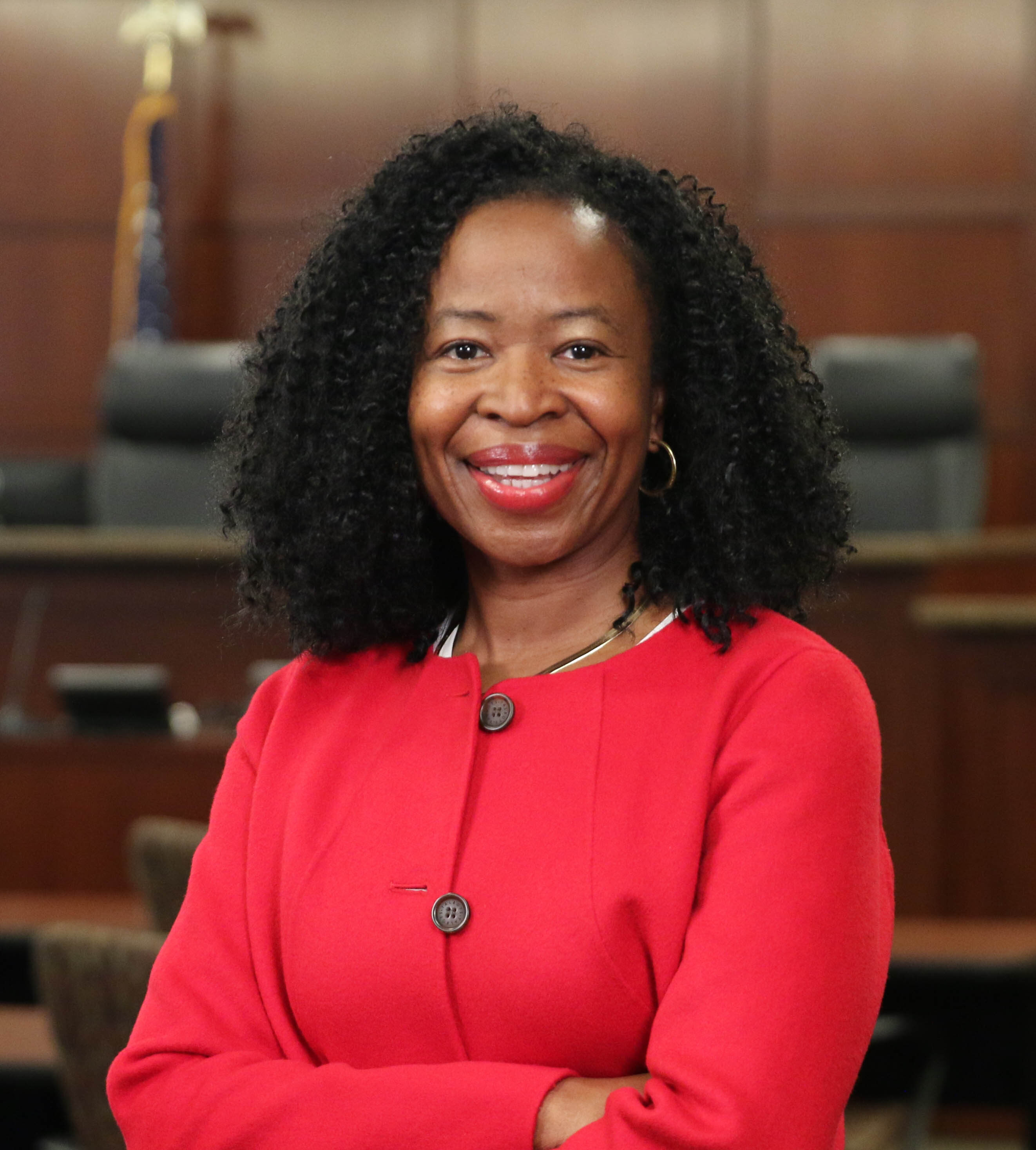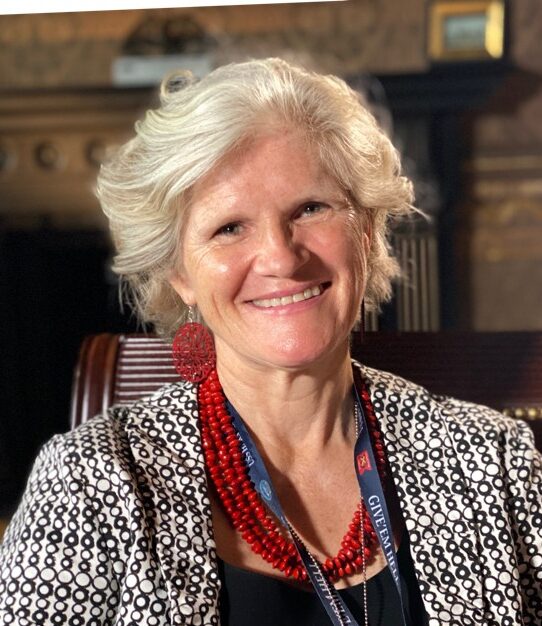World Trade Organization ministers recently reached an agreement in Geneva to waive certain parts of the agreement on Trade-Related Aspects of Intellectual Property Rights (TRIPS). A part of this approved package of agreements included the vaccine patent waiver, which Director-General Ngozi Okonjo-Iweala previously said was necessary to end the “morally unacceptable” inequity of access to COVID-19 vaccines, according to Bloomberg. Harvard Law School’s Ruth L. Okediji, an intellectual property expert, CEO and Founder of Innovation Insights Jennifer Brant and Reuters reporter Andrea Shalal all agreed that the compromise left many wanting. Here’s their take on a virtual National Press Foundation briefing June 22: Transcript | Video
4 takeaways:
➀ Not all intellectual property is the same. It’s important for journalists to know the four major categories of intellectual property rights: patents, copyrights, trademarks and trade secrets, Okediji said. are “common law forms of protection for creative outputs,” she said. When innovators decide which category of intellectual property they want to use in the marketplace, there are often trade-offs associated with it. Depending on the kind of intellectual protection chosen, you might be doing what’s best for yourself rather than the public good. The extension of patent protection to pharmaceuticals is very recent, Okediji said. “Is this the way to do public policy on a product that has such a significant impact on human development and human well-being? That’s always been a question on the table, and I think that’s important to note.”
➁ Would vaccine makers share without protection? Trade secrets – an unregistered right – played a very important role in the collaboration that led to the development of the COVID vaccines, said Brant, ”especially to bringing the manufacturing partners up to speed, to make sure they could make things of the right quality and efficiently, using safe processes.” Brant and her colleagues looked at three stages of innovation in response to the pandemic. First was the contribution of intellectual property and the development of background technologies and knowledge. Second, they looked at the partnerships and collaboration that went into developing vaccines, securing regulatory approval and getting them to people. The third phase was looking at how these global manufacturing networks were set up quite rapidly and were integrating new players, Brant said. “What intellectual property allowed, both patents and trade secrets, is the sharing of knowledge and technology without losing control over it.”
➂ Intellectual property poses ethical, legal and policy issues. It’s a question of “whether or not we are going to create an environment in which access to life-saving medicines has so many barriers to it that we’re saving less lives than we possibly can,” Okediji said. “When we talk about access to medicines and access to vaccines, we are talking about multiple and overlapping forms of intellectual property,” she said. The packaging could be protected by a trademark, the actual manufacturing could be protected by a trade secret, manuals telling you how to fill and pack that would be protected by copyright. “So even if you got a waiver on a patent, you still may have a copyright problem.” Okediji said to fix this problem we have to create pressure on all parties to come together and collaborate. She said the waiver discussion made it clear that there is the political will, if the crisis is strong enough and affects both rich and poor countries, governments are willing to exercise their policy prerogatives to bring the technology to a place where people have access. Okediji also said she thinks we will see a toolkit emerge with the waiver at the background “in which companies are starting to think, how do we contribute meaningfully and sustainably while also safeguarding our innovation.”
➃ We’re at an ‘inflection point,’ which means there are stories to come. Reuters senior correspondent Shalal said she thinks the Biden administration is satisfied with the WTO outcome but realizes there’s a lot more to do. “One of the following questions is, obviously, in six months, they’re going to go back and look at the diagnostics and treatments in this specific area. Then, moreover, there are fundamental reform questions about who holds power? How does the World Trade Organization make decisions?” Shalal said that some people signaled that this could be the death of the WTO. Ask yourself and report on “If not the WTO, then what?” she suggested. “Let’s look at what alternatives exist. What are the pros and cons of those? I didn’t see very many articles exploring that.”
The trade series is sponsored by the Hinrich Foundation. NPF is solely responsible for the content.





